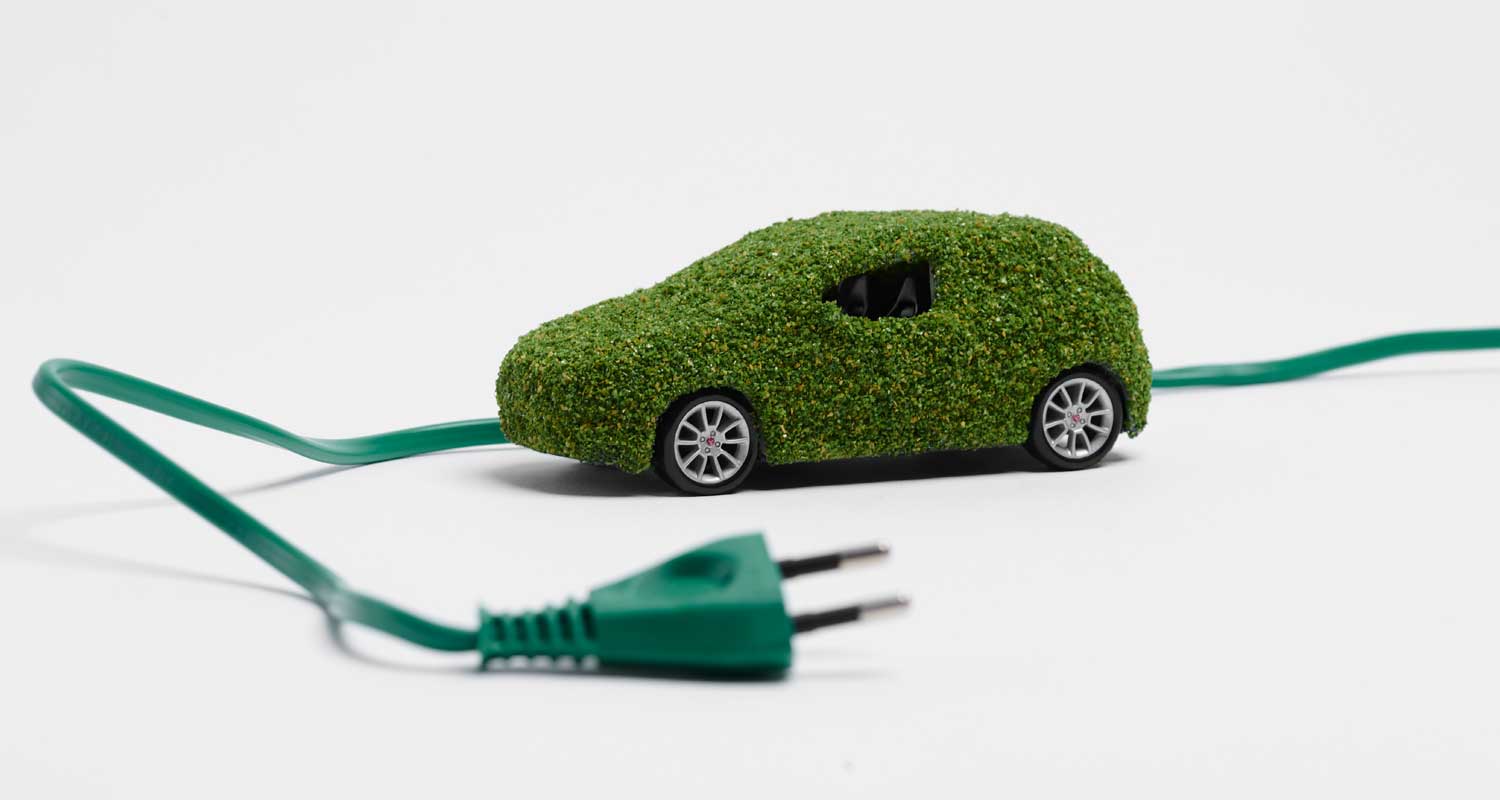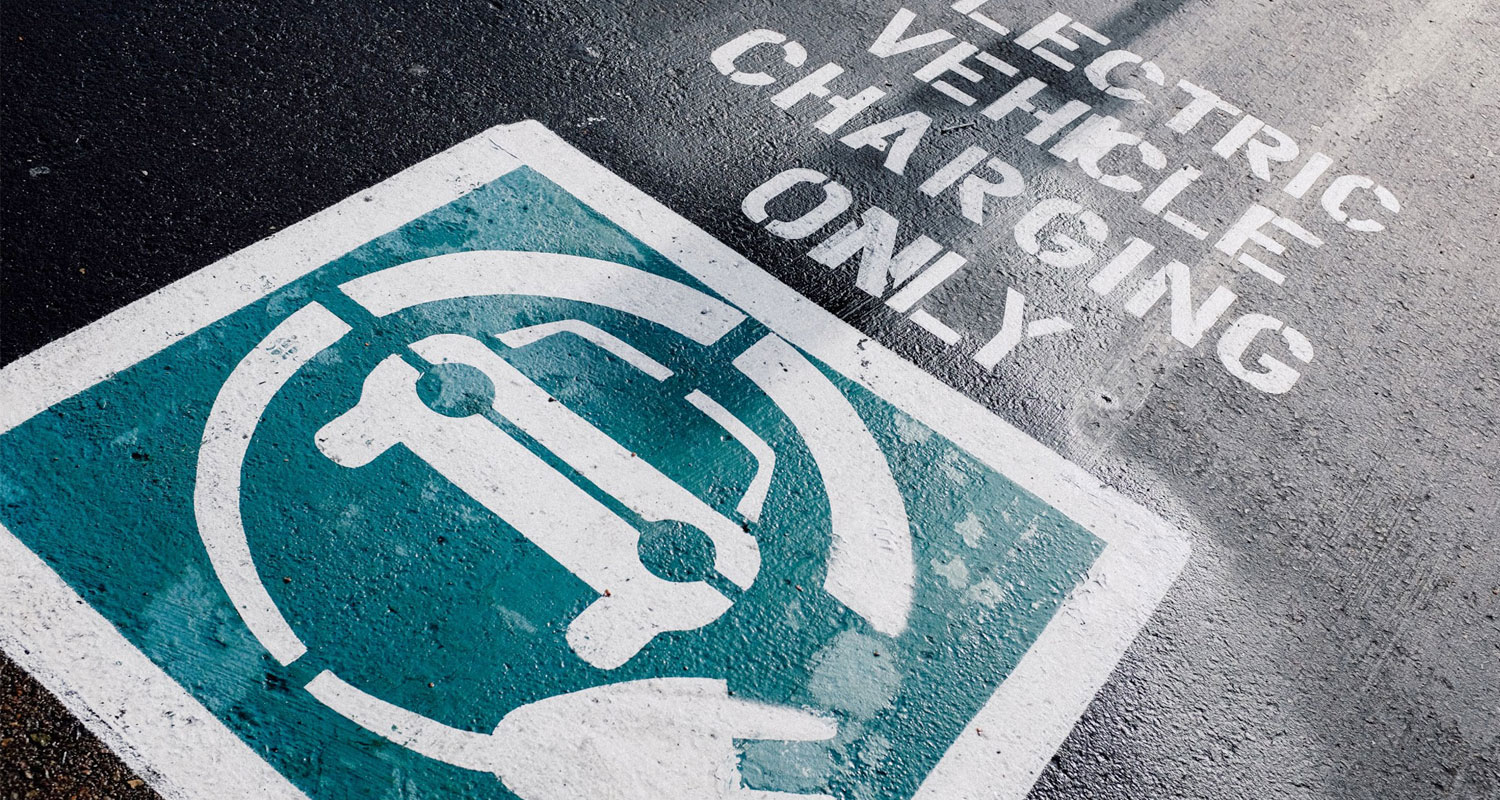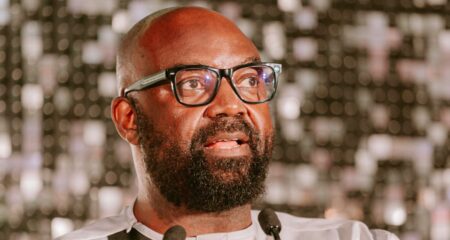 Although South Africa is trying hard to keep abreast of the global transition towards electric vehicles, it is an uphill battle and not enough is being done, quickly enough, to support the industry.
Although South Africa is trying hard to keep abreast of the global transition towards electric vehicles, it is an uphill battle and not enough is being done, quickly enough, to support the industry.
This was the prevailing message coming out of an Automotive Business Council’s conference on the transition to new energy vehicles in Pretoria on Wednesday.
First National Bank CEO Jacques Celliers said the most important thing to facilitate the move to EVs is to ensure the “important things never become urgent”.
But that ship may already have sailed.
Celliers recognised the influential role played by the industry in South Africa on the continent and the role of government, but said bolder steps are needed — and needed urgently.
Mikel Mabasa, CEO of the Automotive Business Council (also known as Naamsa), said the industry understands and appreciates that the introduction of EVs is not just about replacing traditional internal combustion engine (ICE) vehicles with new technologies, but also about the role the industry plays in decarbonising road transport.
“The global transition towards new energy vehicles is a critical step to securing the future of the automotive industry in South Africa. Our rapid adoption to newer technologies is critical for the domestic automotive industry’s long-term success and growth,” Mabasa said. “If we want to remain globally competitive, we have no option but to play with the big global players who are leading the EV charge.”
Painfully slow
However, government has been painfully slow in finalising the policy the industry needs to make investment decisions. On 18 May 2021, the department of trade, industry & competition published the green paper on the advancement of new energy vehicles after extensive industry consultations and with an undertaking to issue a white paper by the end of that year. Two years later, and nothing has transpired.
Meanwhile, the UK and the European Union have set aggressive targets to phase out ICE vehicles by 2030 and are also planning to introduce heavy carbon taxes on imports. Less than eight years away, and South Africa has not rolled out a single electric vehicle from the factory floor, while only a few manufacturers, including Toyota, Mercedes-Benz and BMW, are producing hybrids, which are classified as new energy vehicles.
Read: VW says SA must end coal dependence for EVs to make sense
Neale Hill, Naamsa president and MD of Ford Africa, also emphasised that time is of the essence, claiming that Egypt, Morocco and Ghana have already left South Africa behind in terms of EV production. He mentioned some of the difficulties peculiar to South Africa, noting that some of the strict visa requirements previously applied are about to be lifted, making it easier to attract skilled professionals.
But Hill mentioned unpredictable electricity supply as a real deterrent to efficient production, as well as the inability to use rail freight in the country. “We are firm advocates of South Africa as providers of quality vehicles for export,” he said. “But it’s a fight.”
 The huge cost of adapting infrastructure is also a problem, according to Andrew Kirby, CEO of Toyota Motors South Africa, who reiterated that the transition to EVs cannot be done without the support of government. “We need their intervention and timing is critical. It’s really important,” he said. “Remember we will have to import heavy batteries by ship. We need investment, we need manufacturing, we need to localise markets. Brave decisions have to be made but we can’t do it without government.”
The huge cost of adapting infrastructure is also a problem, according to Andrew Kirby, CEO of Toyota Motors South Africa, who reiterated that the transition to EVs cannot be done without the support of government. “We need their intervention and timing is critical. It’s really important,” he said. “Remember we will have to import heavy batteries by ship. We need investment, we need manufacturing, we need to localise markets. Brave decisions have to be made but we can’t do it without government.”
But the strong concerns of some of the major players in the industry seem not to have percolated through to the department of trade, industry & competition. Minister Ebrahim Patel was unable to attend, but acting director-general Malebo Mabitje-Thompson was there and took an upbeat stance. She said she had noted the “silent optimism” but said “we’d like it to be louder”.
“Our message is that we should be open to working together. We have lots of skills in this country and South Africa will do what South Africa needs to do,” Mabitje-Thompson said.
Read: Ford warns government inaction on EVs could cost SA dearly
Alec Erwin, Ubu investment Holdings chair and a former minister of public enterprises, was similarly upbeat. “I see this as a massive opportunity,” he said. “We have full-blown manufacturing facilities and a well-managed industrial policy not dependent on government. You don’t have to wait for government, “ he said. “Just do it!”
Finding a viable financial model, developing infrastructure, standardising charging stations, and many other technical restraints still remain. But what Wednesday’s conference made clear was that what is needed most urgently is policy certainty from government. – © 2023 NewsCentral Media




